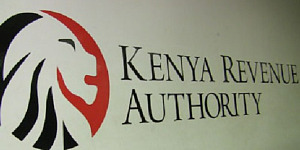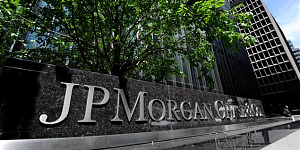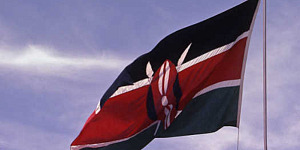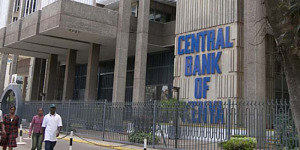Kenya's central bank lowered its Central Bank Rate (CPR) by another 50 basis points to 9.00 percent, saying there was room for a more accommodative monetary policy as economic output remains below potential even as economic prospects are improving and inflation expectations are well anchored within the target range.
It is the second rate cut by The Central Bank of Kenya (CBK) this year following a similar-sized cut in March when the bank cut the rate for the first time since September 2016.
In its previous policy statement from May, when the rate was maintained, the central bank also said there was room for more easing as output was below potential but added the March rate cut had yet to be fully transmitted to the economy
The CBK said it would "closely monitor" the impact of today's rate cut, which the monetary policy committee decided to proceed with "while noting the risk of perverse outcomes."
A preliminary assessment of the impact of the March rate cut "showed that this change under the interest rate capping regime had a smaller and slower impact on key macroeconomic variables such as credit and economic growth," CBK said.
In September 2016 Kenya's government imposed a cap on banks' interest rates, despite the objections by the International Monetary Fund and commercial banks, arguing that lenders were not passing on low interest rates to borrowers.
But the cap of 4 percent above the central bank's key rate has been described by the CBK as having a "perverse outcome" as it has led to a decline in credit expansion instead of an increase.
A recent study by the central bank showed the cap had lowered the 2017 economic growth rate by 0.4 percentage points because it limits credit to small and medium-sized businesses because they are considered too risky.
Kenya's inflation rate has remained comfortably within the CBK's target range this year and rose slightly to 4.28 percent in June from 3.95 percent in May due to higher oil prices.
The CBK, which targets inflation of 5.0 percent, plus/minus 2.5 percentage points, said it expects inflation to remain within the target range as lower food prices is expected to counter the impact of higher fuel prices.
The shilling has remained firm this year against a stronger U.S. dollar, helped by a narrowing of the country's current account deficit, which fell to 5.8 percent in the year to June from 6.3 percent in March, CBK said.
For 2018 the deficit is expected to narrow further to 5.4 percent, helped by higher exports of tea and horticulture, remittances from abroad and improved tourism.
Foreign exchange reserves currently stand at US$8.834 billion, enough for 5.9 months of imports, with the IMF's precautionary arrangement of US$989.8 million adding a further buffer against shocks.
Kenya's economy expanded by 5.7 percent in the first quarter, up from 5.3 percent in the previous quarter.
"Growth in 2018 is expected to be strong, supported by continued recovery in agriculture, a resilient services sector, alignment of Government spending to the Big 4 priority sectors, and the stable macroeconomic environment," CBK said.








































